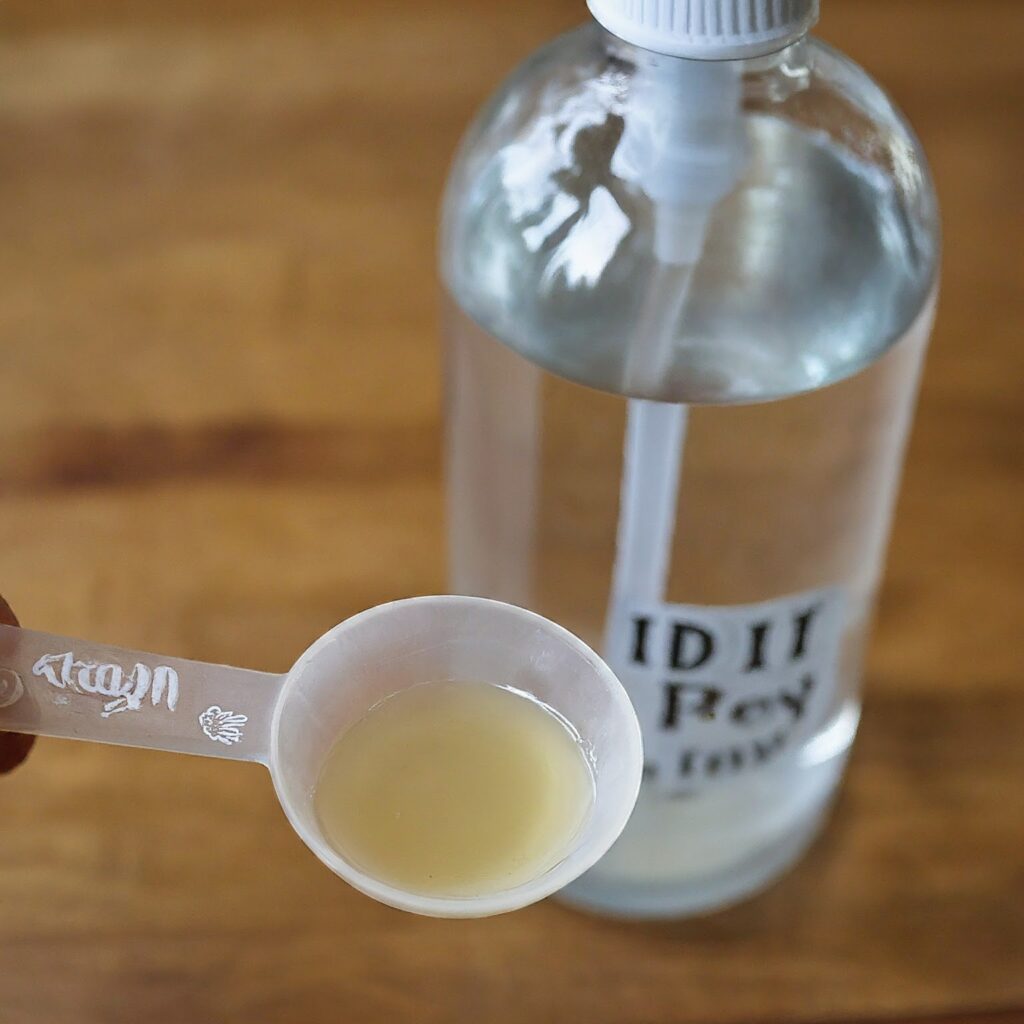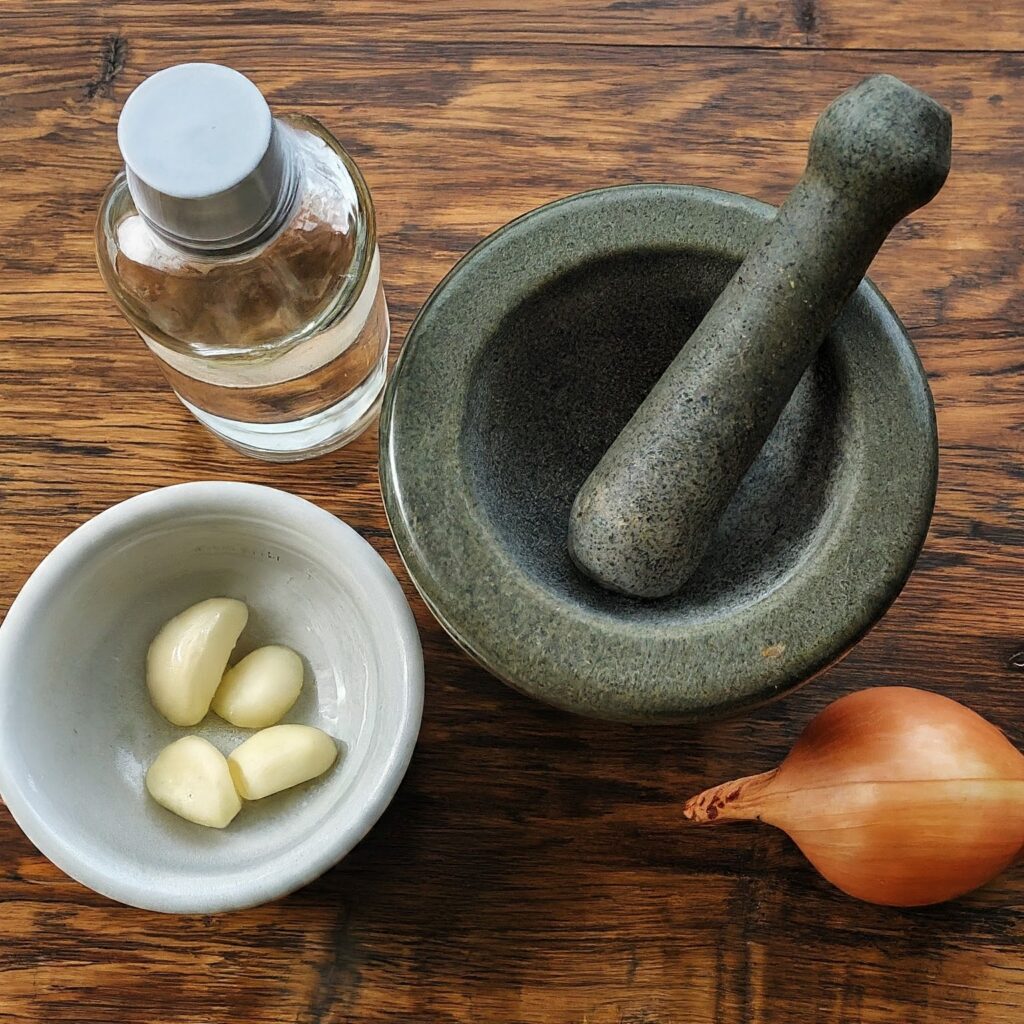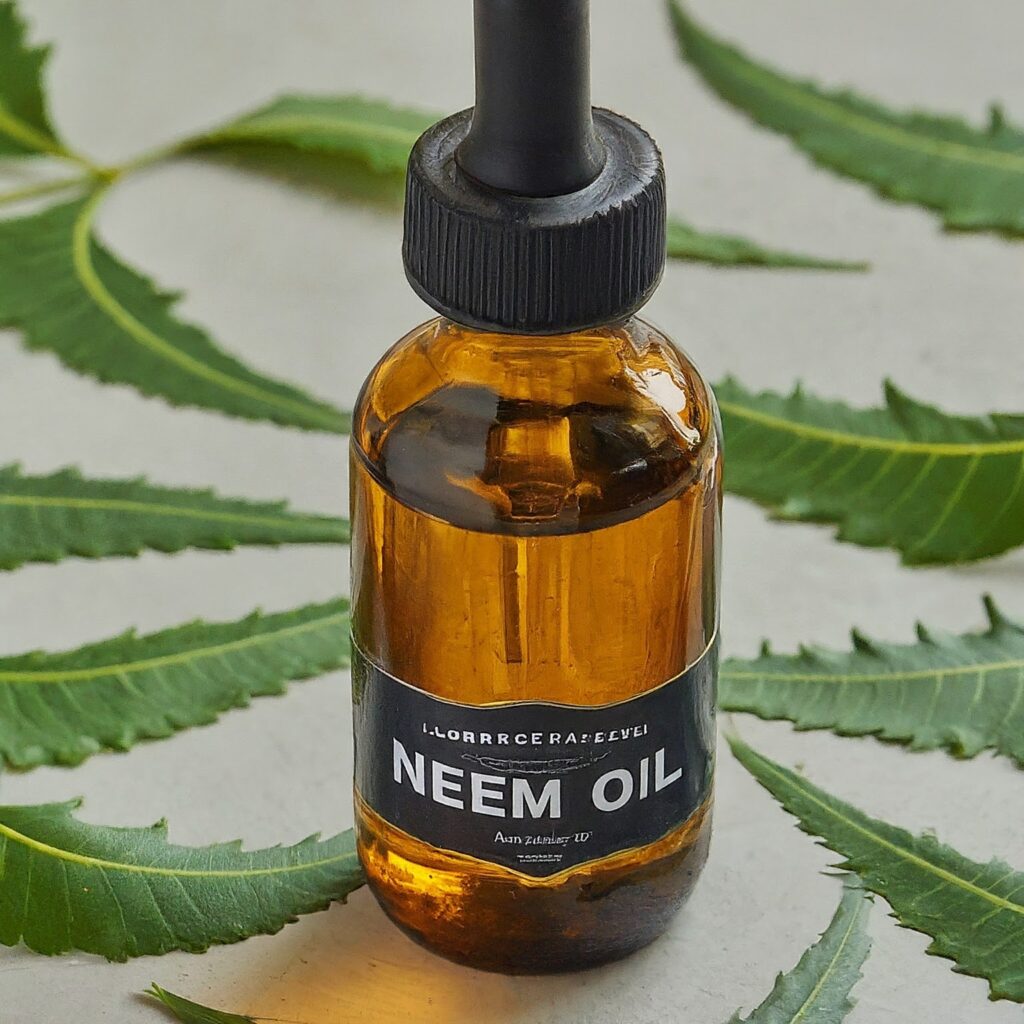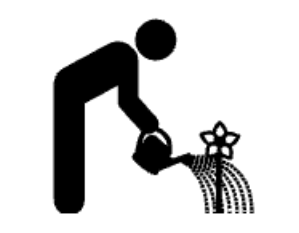Ah, the joy of nurturing your own little paradise – a home garden overflowing with life! But wait, just as your prize tomatoes start to ripen, you spot those tiny green aphids taking a feast. Or maybe it’s those pesky whiteflies leaving behind a sticky mess.
The struggle is real! But before you reach for the chemical sprays, take a deep breath. There’s a gentler, more eco-friendly way to win this war on creepy crawlies – DIY organic pest control!
Why Does Organic Pest Control Make Sense?
We all want our plants to flourish, healthy and vibrant.
Chemical pesticides might seem like a quick fix, but let’s be honest, those harsh chemicals can be scary. They can harm the beneficial insects that actually help your garden thrive, not to mention potentially lingering on the very fruits and veggies you want to enjoy. There’s also the risk of harming yourself and the environment. Yikes!
Organic pest control, on the other hand, is like giving your plants a natural shield. It’s about creating a healthy ecosystem in your garden, and the good news is, it’s not that complicated.
Preventative Measures
First things first, prevention is key! Think of it like this: a strong, healthy plant is much less likely to attract unwanted guests. So, it is always a good idea to start by pampering your plants:
- Sunshine and Hydration: Make sure your plants receive the right amount of sunlight for their specific needs. Plus, water them regularly, following a schedule that considers the weather and plant variety.
- Nutrient Power: Don’t forget to feed your plants with some nutrient-rich compost or organic fertilizer, such as liquid nitrogen fertilizer. Happy plants are resilient plants!
- Welcome the Good Guys: Ladybugs and lacewings are nature’s pest patrol, munching on those aphids and other nasty insects. To create a haven for these helpful heroes, consider planting some companion flowers like marigolds or nasturtiums.
They’ll add a pop of color to your garden, and guess what? Those same vibrant blooms repel some pests too!
DIY Organic Sprays
Now, if those pesky bugs do manage to sneak in, don’t worry because we have some homemade solutions in our arsenal!
Here’s where the fun part begins – creating your very own natural pest sprays:
The Simple Soap Spray

This one’s a classic for a reason. It’s perfect for battling soft-bodied insects like aphids and mites.
Here’s what you’ll need:
- 1 tablespoon of castile soap
- 1 gallon of water
Mix the soap in the water and shake it well. Then, give your plants a good misting, focusing on the undersides of the leaves where those creepy crawlies love to hide.
The Garlicky Goodnight Spray

This potent brew repels a wider range of unwanted visitors from your garden.
- 1 clove of garlic, minced
- 1 small onion, minced
- 1 teaspoon of cayenne pepper
- 1 tablespoon of liquid soap
- 1 gallon of water
Let the garlic, onion, and cayenne pepper mixture steep in water for about an hour. Then strain the liquid, add the liquid soap, and you’re good to go!
Apply liberally to your plants, and remember, this spray packs a punch, so a little goes a long way. The leftover spray can be stored in the fridge for a week.
The Neem Oil – a Potent Insecticide, Miticide, and Fungicide

Our organic pesticide arsenal wouldn’t be complete without mentioning neem oil, a superstar in the world of natural pest control. Extracted from the neem tree, this oil is a triple threat, acting as an insecticide, miticide (kills mites), and fungicide (fights fungal diseases).
Neem oil is usually sold concentrated, so you’ll need to dilute it with water before use. Always follow the specific instructions on the product you purchase, as dilution ratios can vary. Neem oil can also have a slightly unpleasant odor, so it might be a good idea to wear gloves and a mask when applying it.
Here’s how to apply neem oil to your plants:
- Spray your plants with neem oil in the evening or on cloudy days, as sunlight can break down its effectiveness.
- Thoroughly coat the tops and undersides of leaves, paying attention to areas where pests tend to congregate.
- For best results, apply neem oil regularly, especially during periods of high pest pressure.
However, avoid spraying during bee pollination times and test on a small area of your plant first.
Important Considerations for Organic Pest Control
Natural superheroes aren’t always as strong as their chemical counterparts.
For severe infestations, you might need to apply these sprays more often. But hey, a little extra TLC for your plants is better than harsh chemicals, right?
Also, be mindful of the good guys! Some organic sprays might harm beneficial insects. Test any new spray on a small area of your plant first to make sure it doesn’t cause any damage.
And lastly, remember that patience is a gardener’s virtue! Organic pest control is about creating a healthy balance in your garden, and that takes time. Be consistent with your preventative measures and natural sprays, and you’ll see a difference.
Final Thoughts
So ditch the harsh chemicals and embrace the power of nature! With a little planning, these handy DIY sprays, and a focus on preventative measures, can help you create a thriving garden that’s not only beautiful but also safe for you, your family, and the hardworking little helpers who call your garden home.

